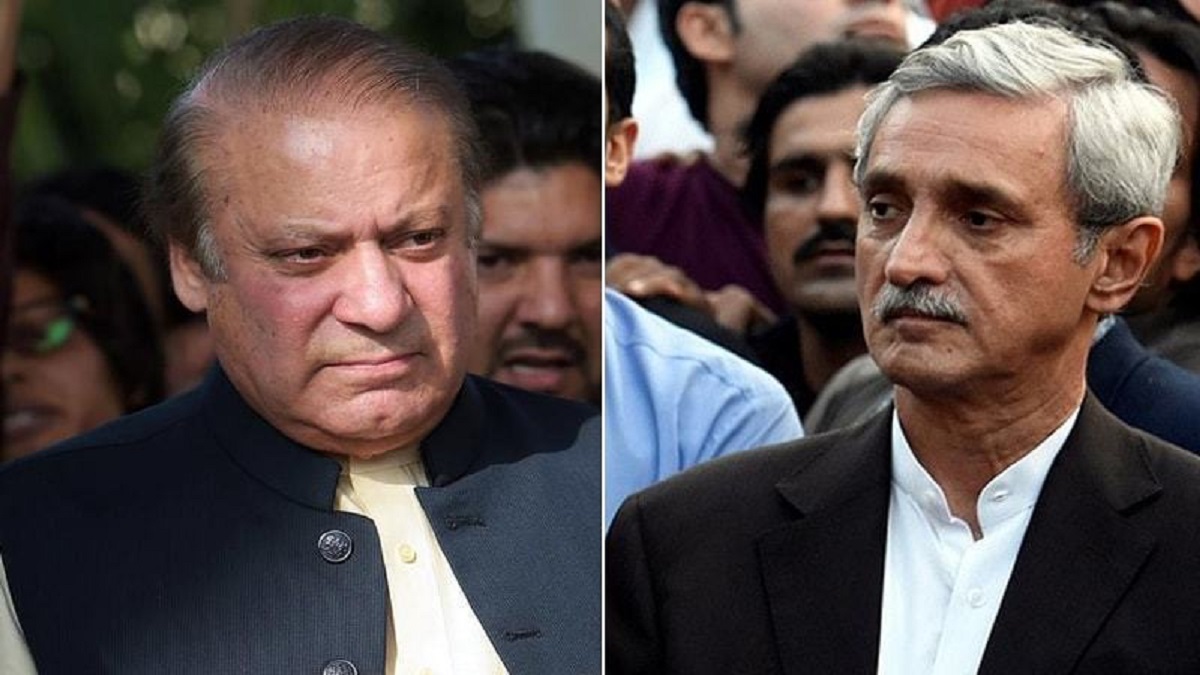The proposal to limit the disqualification period to five years under Article 62(1)(f) through an amendment in Section 232 of the Elections Act 2017, recently passed by the Senate, could face stern judicial scrutiny. This suspicion is reinforced by a faction of the Supreme Court judges led by Chief Justice of Pakistan, Umar Ata Bandial, known for their critical perspectives on crucial legislative matters over the past few years.
Legal professionals hold varying views on whether this disqualification period limitation can be implemented through a parliamentary act. Some argue that a constitutional amendment is necessary for such a limitation. They question how the precedent set by a Supreme Court larger bench’s judgement — which ruled the disqualification under Article 62(1)(f) to be for life — can be overturned.
Justice Bandial penned the ruling endorsing permanent disqualification of parliamentarians under this constitutional provision. Instead of directing Parliament to finalize the disqualification duration, the court delved into the significance of Article 62(1)(f), which outlines the ethical conditions, inspired by Islamic principles, for eligibility to Parliament. This provision applies to both Muslim and non-Muslim candidates. The court cited the current conduct code for UK parliamentarians and noted that the same constitutional provision was supported by the 18th Amendment, which solidified the permanent disqualification once a court declaration achieved finality.
Justice Bandial reasoned that candidates who violated Article 62(1)(f) showed a lack of honesty, integrity, and probity on both Islamic and universal grounds, making them unfit for public office.
It remains uncertain whether Justice Bandial and his aligned judges will approve the proposed law, effectively ending the lifetime disqualification of former Prime Minister Nawaz Sharif and senior political leader Jahangir Tareen.
Ahsan Bhoon, former Supreme Court Bar Association (SCBA) president, filed a constitutional petition against the lifetime disqualification of lawmakers under Article 62(1)(f), but CJP Bandial has yet to act on it. Legal pundits predict that this proposed law may face considerable opposition from judges led by the Chief Justice, whom they accuse of maintaining an outdated judicial mindset that often poses difficulties for politicians.
A distinct group of Supreme Court judges, in contrast, typically supports parliamentary legislation on all matters. They have also voiced criticisms of the use of quo warranto jurisdiction for political leader disqualification under Article 62(1)(f). Regrettably, these judges are often sidelined in special benches scrutinizing the current Parliament’s legislation.
Lawyers bemoan the dominance of a single judicial mindset since the Panamagate case, demanding the constitution of a full court to hear politically sensitive matters. Anticipation is growing for a potential shift in the Supreme Court following CJP Bandial’s retirement, and how the PDM government will secure vital legislation until then remains to be seen.
Advocate Abdul Moiz Jafferi views disqualification clarification as an essential restructuring of the law’s ambiguity, allowing for differing disqualification periods. He suggests that this amendment might conflict with Justice Bandial’s ruling, potentially leading to it being struck down. Jafferi believes no constitutional amendment is necessary, as the vagueness in the original constitution is what allowed for the court’s intervention. The Supreme Court’s response to this perceived challenge to a standing judgment will be key in determining the future of this amendment.



























